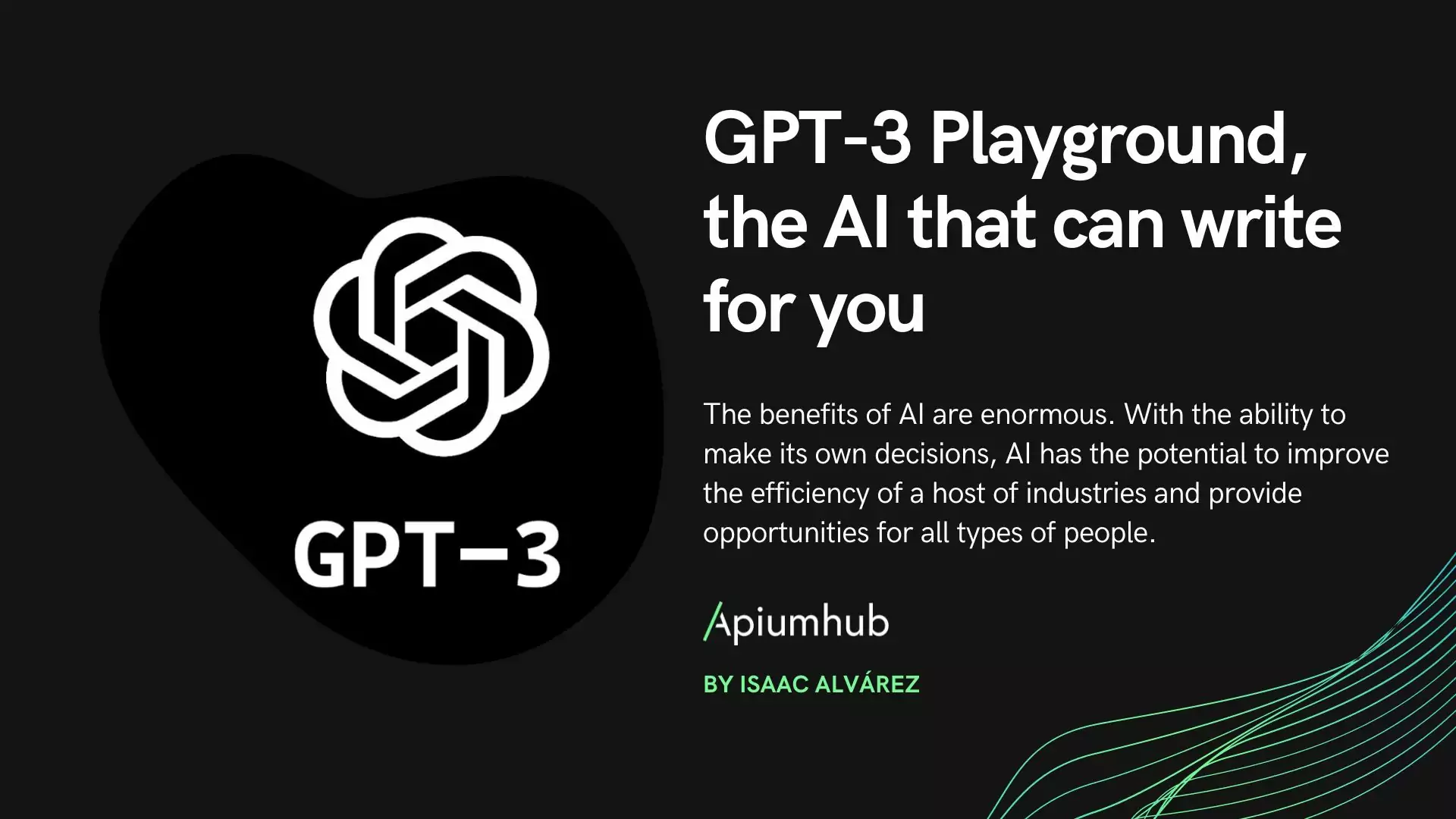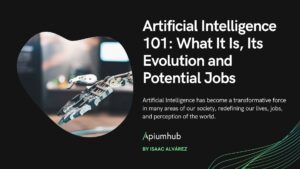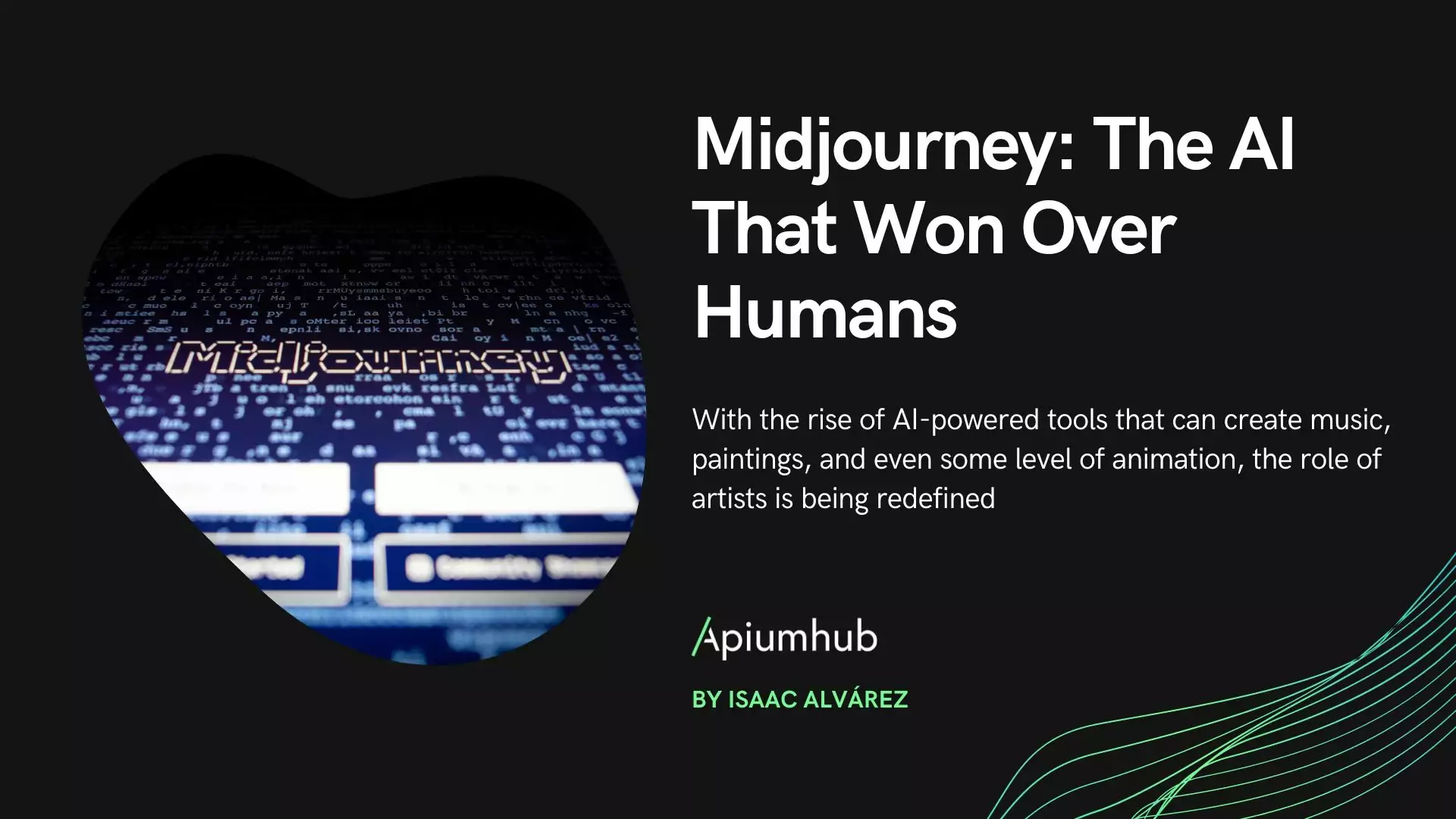Table of Contents
Quite a lot, we hear about Big Data but many people are still not sure of what it really is. As I believe it’s extremely powerful, I thought I could write an article about it, to get a better overview and understand what we can do with Big Data.
Like everything in the tech industry, it keeps on evolving and changing, almost everyday. By changing it affects all that was born from Big Data, going from digital transformation to artificial intelligence, to IoT. But in order not to skip 10 steps, I would rather start off by quickly explaining what is Big Data.
What is Big Data?
Like everything relatively new, there are many different definitions you can find out there. Big Data can be seen as a broad term for data sets, a buzzword or a catch-phrase.
Some definitions refer to big data using what is know as the three Vs model: Volume, Velocity, and Variety. In fact, Gartner describes big data as a “high-volume with high-velocity and/or high-variety of information assets that demand cost-effective, innovative forms of information processing that enable enhanced insight, decision making, and process automation”.
If that interests you, here you can find other definitions / opinions about Big Data (from more than 40 leaders in different industries such as medicine, marketing, food, fashion, etc), you might be surprised by the variation!
No matter what the definition is, the term “Big Data” is not only about the data itself; it also refers to the challenges, capabilities and competencies. What seems to appear everywhere is that Big Data is a non-stop massive growth of information.
Of course it all began with the boom of the digital era. More devices, more internet usage, more technologies used… all that translates into more information. More data. Every time we are connected, data is generated. Using social medias, shopping online, using whichever app that connects to the internet basically.
You might ask yourself if there is a difference between “big data” and just regular “large data”?
A good example of Dwight deVera explains the difference between those two; “the thousands of statements and invoices that a financial director has about his clients on files is considered as large data. But log files from social media sites such as LinkedIn & Facebook are considered as big data. What is the difference? It’s the speed at which the data must be captured and available for analysis.
Big Data, marketing & sales
Increasing the quality of sales leads, improving the quality of sales lead data, improving prospecting list accuracy, territory planning, win rates and decision maker engagement strategies are all areas where big data is making a contribution to sales today.
For marketers & salespeople, today, big data is part of their work. It’s the result of this digital world we live in. In sales, it is used to improve the quality of sales leads and prospecting. In marketing, by combining big data with an integrated marketing analysis, we are able to reveal very interesting insights helping when it comes to increasing conversion rates, prospect engagement, customer lifetime value, etc.
According to Darryl McDonald – president of Teradata Applications – “marketers are most effective in generating revenue when they are able to put all their data to work to deliver the most relevant offers to consumers”.
One of the first things you need to do as a marketer is to get the most information as you can about your target to be able to build their profile; who they are, what they do and how they feel.
With big data, you can easily get significant insights about your customers; where they are, how they want to be contacted and when. The formula can be called the 4 R’s: the right people, the right way to contact, the right time and the right location. Basically, big data helps marketers to have a deep understanding about customer’s behavior and what it is that will make them come back again and again to you, your product or service. Nowadays, big data analytics skills and digital marketing savvy are increasingly valuable to companies, they help drive more revenue, better margins, increased efficiency, and resulting into more profits. All of that used in the right way obviously.
How is Big Data transforming industries?
Firstly, you have operational technologies that basically capture & store the data, and afterwards, you have systems that provide analytical capabilities. The idea is to get the most information possible to make the best predictions and take the best decisions. We produce all sorts of data, from almost everything we use (on our devices). Going from pictures to videos, audios, messages, etc. And today this data is used in projects of artificial intelligence and machine learning where image recognition and natural language processing are used to learn computers how to record patterns.
Big data is contributing in so many different industries; the public sector, healthcare, insurance, banking, and many more. Helping increase sales, increase productivity, lower waste, etc. Here are a few examples to get a clearer idea of how Big Data is impacting different industries:
Healthcare
Even before the digital expansion, there was always a lot of data around the Healthcare industry. But having it under a digital aspect makes it much more powerful. Today, you can find more and more apps that are developed to help patients track their progress towards a healthier lifestyle. We can even get information about the heart rate of a patient and steps walked.
Well this database helps a lot to get a deeper understanding of what type of lifestyle are people leading and which diseases they get, track patterns and make use of it for medical research. Hello prevention advancements! The idea would be to digitize all the patient’s information, making it accessible in all the healthcare system. Making it easier to build a patient’s profile.
Also, machine learning technologies are used to get a stronger diagnostic regarding cancers & test results. This could mean we could find out earlier about diseases, avoiding errors in diagnostics and getting the right treatment.
Insurance
In the insurance industry, big data enables us to better assess risks. Insurances are able to build more accurate profiles of their customers, and based on their whole database, we can have a better idea of how probable it is for a customer to make an accident. Understanding better the customer’s old behavior, to predict better.
In fact, by analysing the data, we are having a deeper understanding of the customers and we can therefore become more efficient in offering products and services that meet the client’s needs.
Banking
Big data enables banks to get a better overview regarding their client’s transactions & general behavior. This implies having big data insights about their spending habits, and therefore we can have a stronger customer segmentation. Of course by building a stronger profile, we can tailor products & services to the needs of the client, adding value.
Fraud detection has always been an important activity for Banks. With Big Data, the process time of fraud detection is reduced and made much more efficient. But not only does big data comes in handy in fraud detection, but also in risk management. Indeed, we can detect quite early risks, which will help prevent losses due to bad loans or failed investments.











